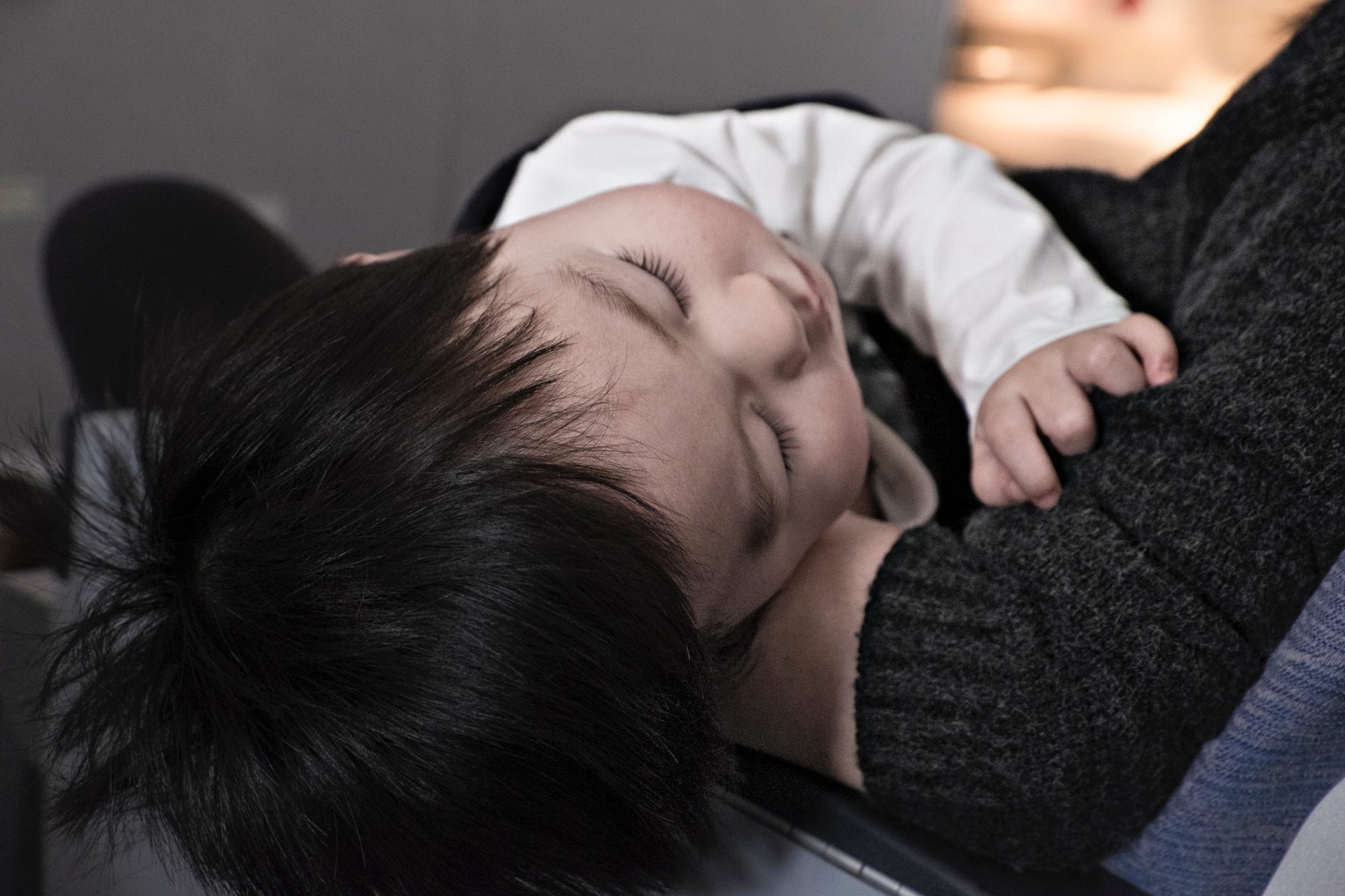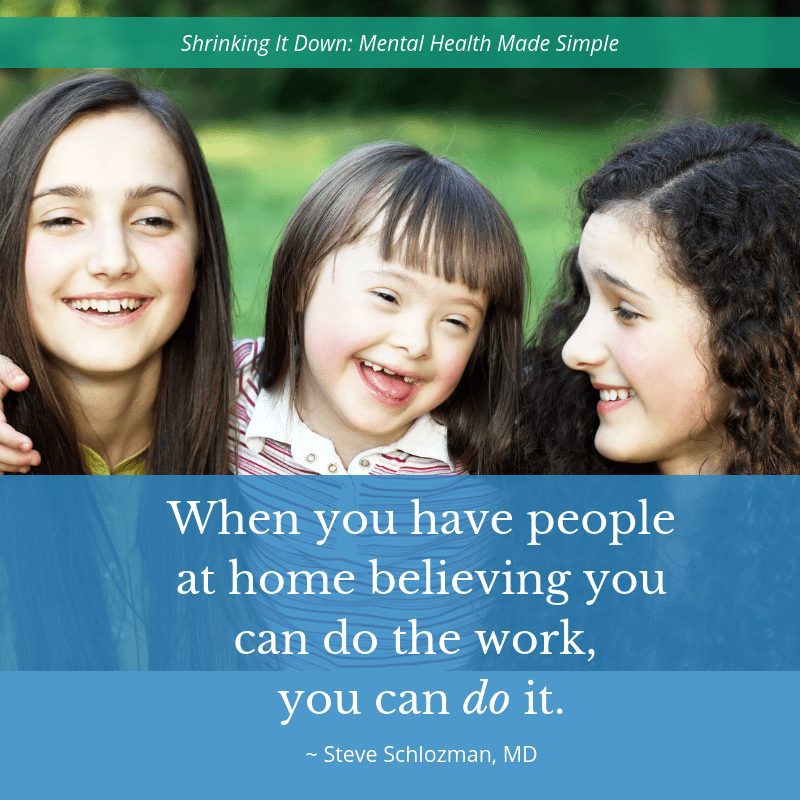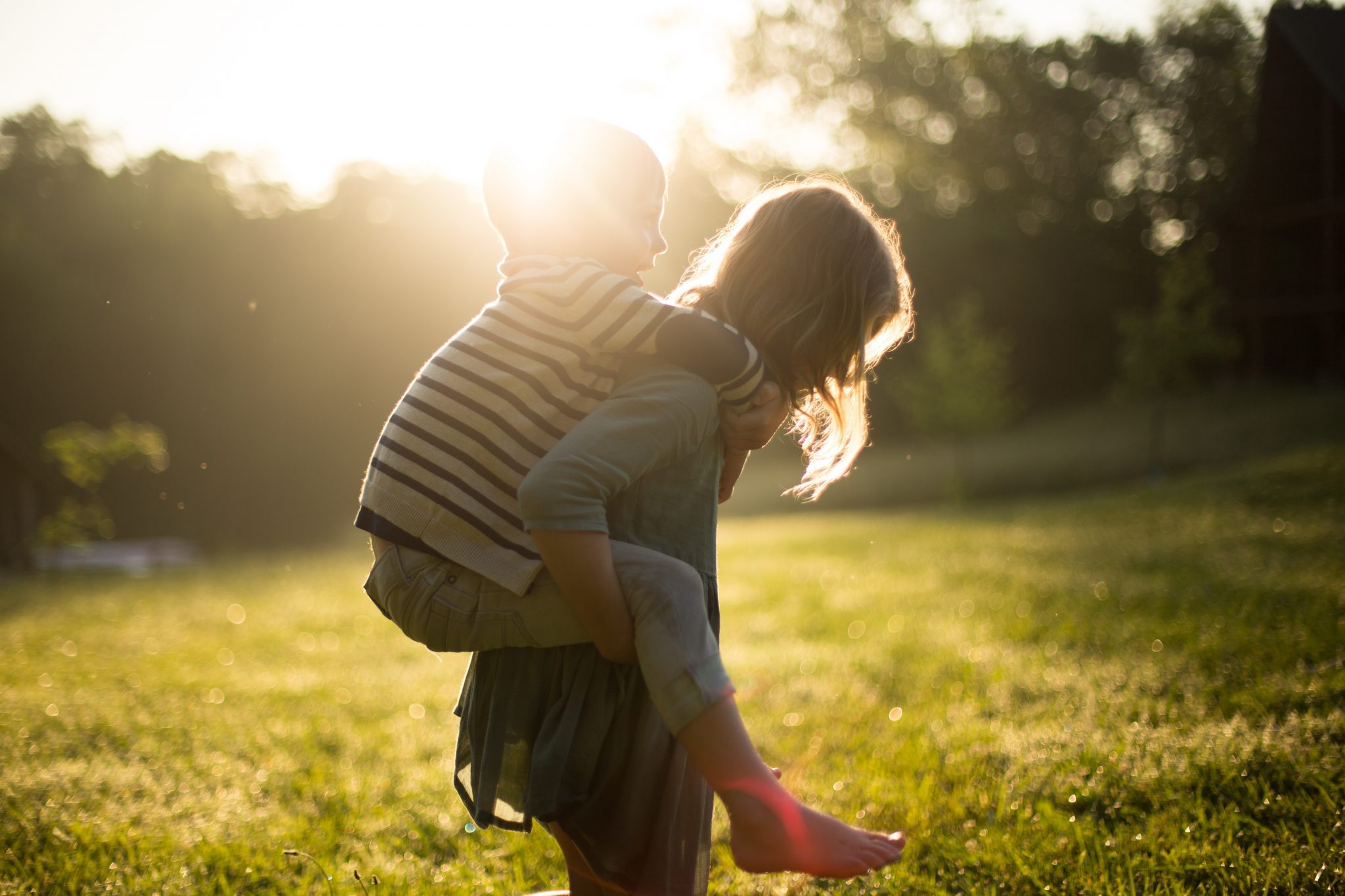My Child Hates The Thought Of Having A New Sibling
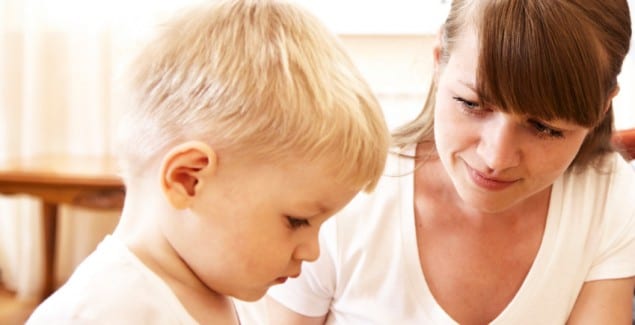
Posted in: Infants & Toddlers
Topics: Child + Adolescent Development, Relationships
I recall sort of blowing off my concerns that my older daughter wouldn’t welcome her soon-to-be-born sibling. After all, I have a sister, and we get along OK.
Lots of people have siblings. How bad can it be?
One of my mentors helped me to think about this using a simple and telling thought experiment. He didn’t make this experiment up, but it’s a pretty darn good depiction of the conflicts that emerge in the mind of an expectant sibling.
“Imagine,” he said, “that you came home to your wife and excitedly announced one day: ‘honey, there’s someone a lot like you I’m going to bring home, and I’m going to love this person just as much as I love you, but for a while, I’ll need to spend a lot more time with this new person. Isn’t this exciting?”
Yeah, imagine the excitement for your wife.
That’s what a lot of kids feel as they near the end of their blissful single childhood. Siblings are wonderful, and a blessing, but in the eyes of a little one, there can really only be so much Mommy and Daddy in the world, and the little one figures that she needs all of what’s there for herself.
When my older daughter realized that her new little sister wasn’t going back to the hospital, she threw her first truly epic tantrum.
“YOU DIDN’T EVEN CONSULT ME!” she screamed. She was only 5, and I was impressed that she could so succinctly sum up her feelings with a nifty word like “consult,” but she, bless her heart, was not amused with my pride in her vocabulary.
It can be very, very hard for a child to welcome a sibling. Some parents get pretty undone at what they sense are genuinely aggressive thoughts toward the new little one, whether or not that little one has been born yet. It is common for harmless little games like “kill the baby” to be enacted with toys and dolls. One child came back from a preschool trip to a local farm, promptly went to the refrigerator, and smashed all of the eggs on the ground. “Those were babies,” he announced, and then he trotted off into his bedroom happily.
But no worries. Your child isn’t Dexter.
Your child is working it all out. And, he or she is doing this exactly as we want kids to do. He or she is playing.
The work of the child is to play. In fact, we mental health folks worry more about the child who STOPS playing in anticipation of a sibling. That potentially means that the thought of a sibling is so overwhelming, that the fantasy itself seems too daunting. That child might need permission to engage in some imaginative work, and the parents, in this case, might need help tolerating the work, if the work itself concerns dead babies or other similar metaphors.
Where do you draw the line?
If the play becomes real, then things need to be redirected. The child cannot playfully hit the mother in the belly. The child cannot hurt anything living. And the best way to avoid this is to give words to the play before it escalates.
Instead of, “But sweetie, you’re going love you new little brother,” try, “You’re feeling very angry, huh?”
Parents often get freaked out at this point, because if you’re right, if your child is angry, then he or she will don a sort of mischievous smile. But this is simply the smile of the perceived permission to be appropriately angry; little ones have a hard time distinguishing scary thoughts from actions. If they have permission to feel angry, and even permission to play angrily, then they are that much less likely to do any real damage. Don’t ever criticize your child for being upset over an imminent sibling.
By the way, after that epic tantrum, my own daughter settled down pretty quickly. She’s a wonderful sister, but her little sister still drives her crazy. For that kind of frustration, there aren’t a lot of solutions; it’s part of the always exciting and difficult task of being a family.
A version of this article originally aired as part of an ABC News video segment on 10/27/2009.
Was this post helpful?
Newsletter
Subscribe Today
Your monthly dose of the latest mental health tips and advice from the expert team at The Clay Center.
SubscribeMultimedia
Quick Jumps
Tag Cloud
-
addiction
ADHD
adolescents
anorexia
anxiety
autism
behavior
CBT
child development
children
college
communication
covid-19
depression
digital media
dyslexia
eating disorder
evaluation
family
fear
healthy development
learning
learning disabilities
learning disability
mental health
mental illness
parenting
parents
Podcast
PTSD
relationships
resilience
school
shrinking it down
social media
stigma
stress
suicide
technology
teenagers
teens
therapy
trauma
treatment
violence

 Share
Share Tweet
Tweet

